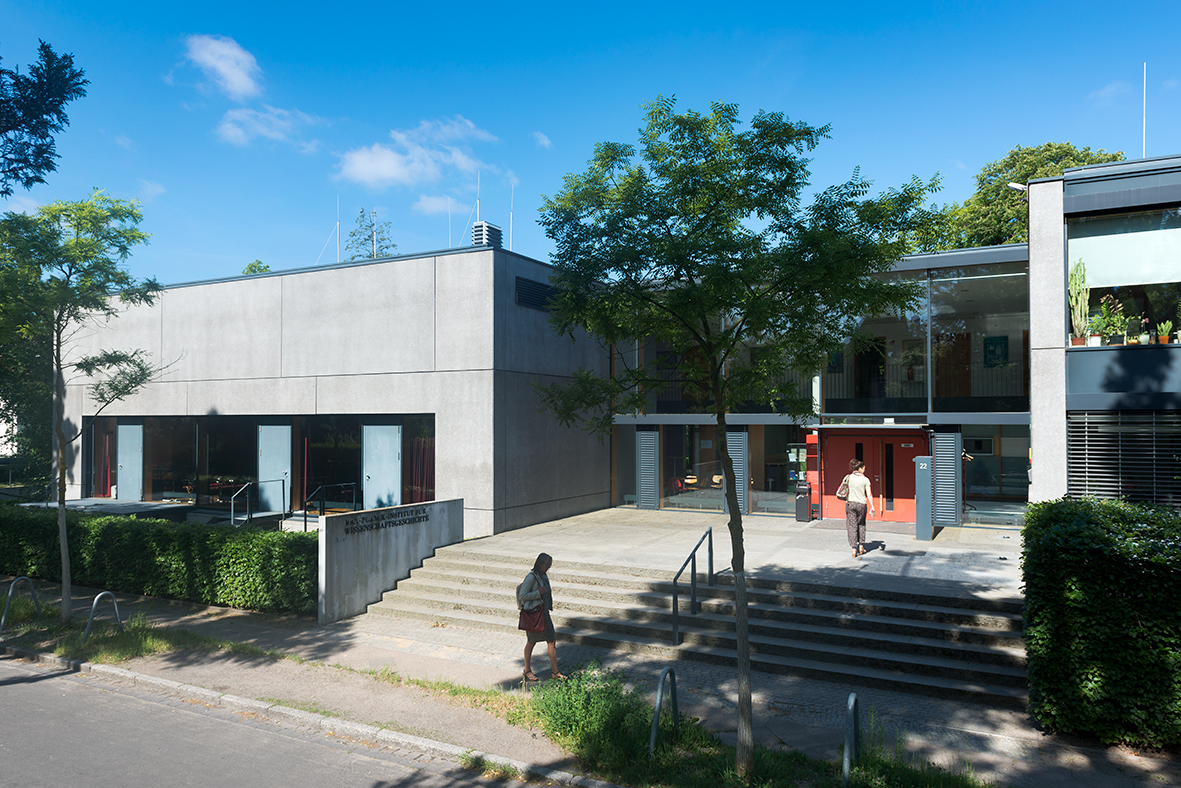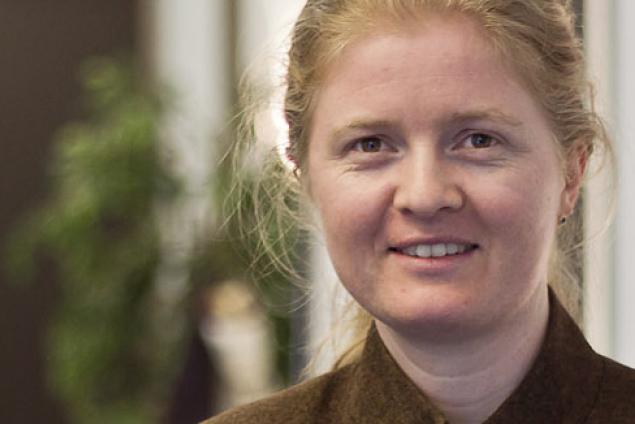Chinese local gazetteers have been recording local information since the 7th Century and the corpus of texts that they have produced provides an important resource for scholars. In this video, DAGMAR SCHÄFER explores the broader influence of the local gazetteers’ treatment of disasters. Employing digital humanities and the <a href="https://www.mpiwg-berlin.mpg.de/research/projects/logart-local-gazetteers-research-tools">LoGaRT</a> tool, which enables qualitative evaluation of quantitative data, one important case study for Schäfer is a disaster that struck Mulberry plantations in the Yuan dynasty (13th Century). Though the disaster affected north and south China, Schäfer explains how historical-political manipulation led to records of it only appearing in northern texts. The research examines the interplay between the types of local knowledge recorded by the local gazetteers and broader structures of knowledge and information.
DOI:
https://doi.org/10.21036/LTPUB10852
Researcher
Professor Dagmar Schäfer is Managing Director of the Max Planck Institute for the History of Science in Berlin. Among other current positions, she holds guest Professorships at Tianjin University and Shanghai Jiao Tong University. She has previously been Head of the Department of East Asian Studies at the University of Manchester and Principal Investigator at the British Inter-University Center for Chinese Studies. Schäfer’s research focuses on the history and sociology of technology in China. Her book The Crafting of the 10,000 Things: Knowledge and Technology in Seventeenth Century China was awarded the Joseph Levenson prize in 2013. Schäfer was a 2020 recipient of the Gottfried Wilhelm Leibniz Prize, the most prestigious award of the German Research Foundation (DFB).
Institution
Founded in 1994, the Max Planck Institute for the History of Science (MPIWG) in Berlin is one of more than 80 research institutes administered by the Max Planck Society. The Institute is dedicated to the study of the history of science, aiming to understand scientific thinking and practice as historical phenomena from a variety of methodological and interdisciplinary perspectives. Our research draws on the reflective potential of the history of science to address current challenges in scientific scholarship, exploring the changing meaning of fundamental scientific concepts as well as how cultural developments shape scientific practices. The Institute’s projects span all eras of human history and a multitude of cultures globally, ranging from the origins of continuity systems in Mesopotamia to present-day science in China, Renaissance natural history, and the past of quantum mechanics. The Institute also draws on the reflective potential of the history of science to address current challenges in scientific scholarship.
Original publication
What is Local Knowledge? Digital Humanities and Yuan Dynasty Disasters in Imperial China's Local Gazetteers
Schäfer Dagmar, Chen Shih-pei and Che Qun
Journal of Chinese History
Published in 2020
Reading recommendations
The City of Blue and White: Chinese Porcelain and the Early Modern World
Gerritsen Anne
Published in 2020
Creatures Born of Mud and Slime: The Wonder and Complexity of Spontaneous Generation
Lehoux Daryn
Published in 2017





